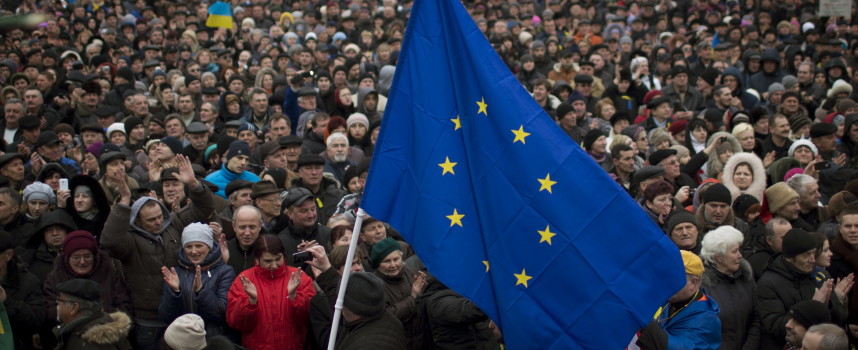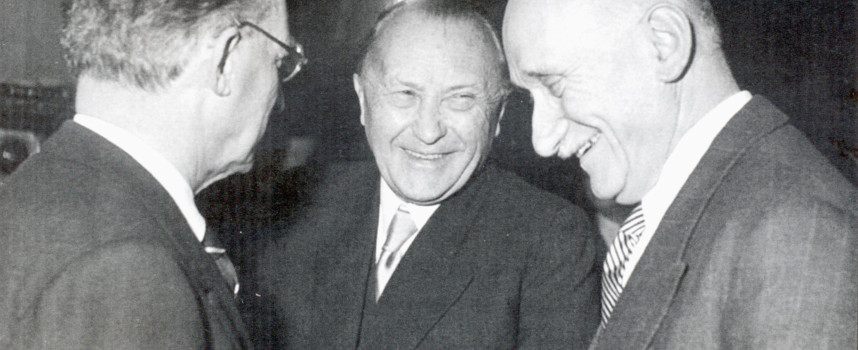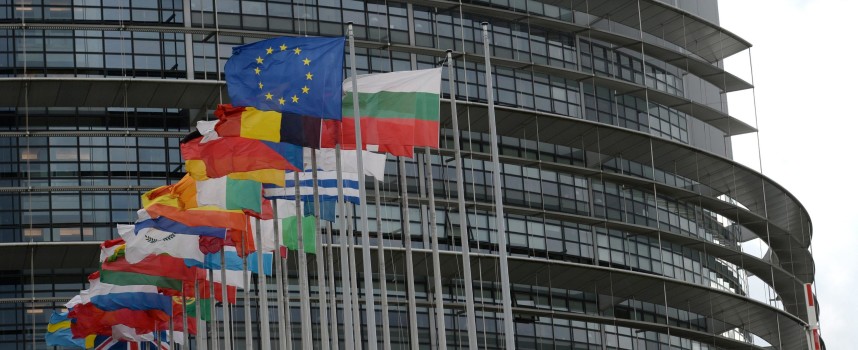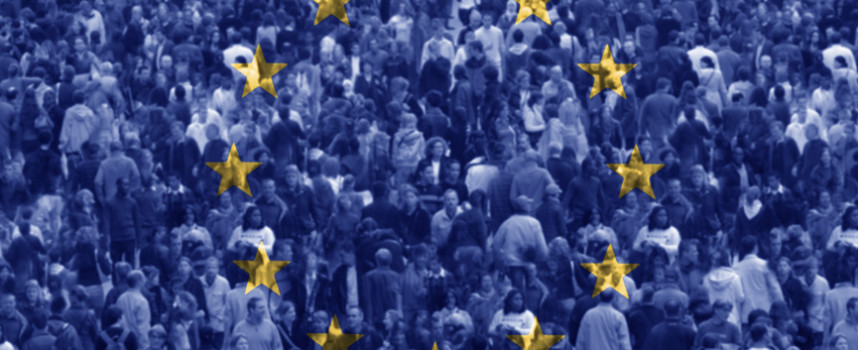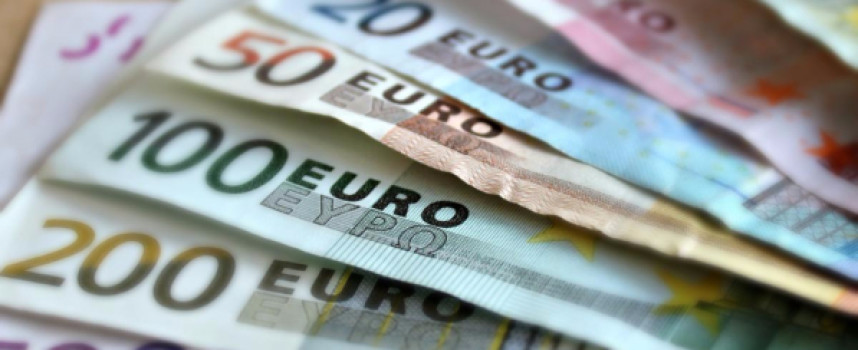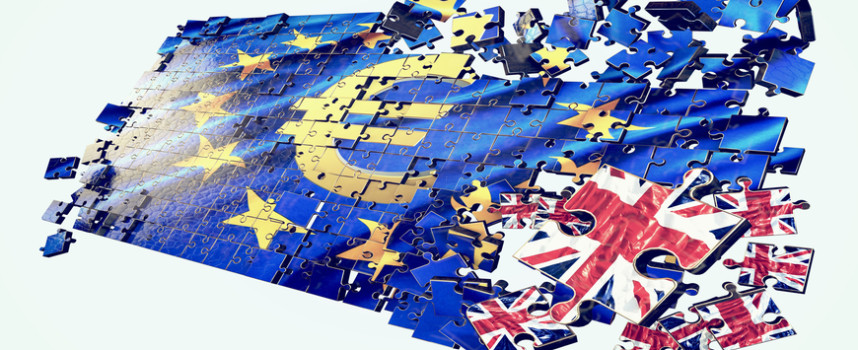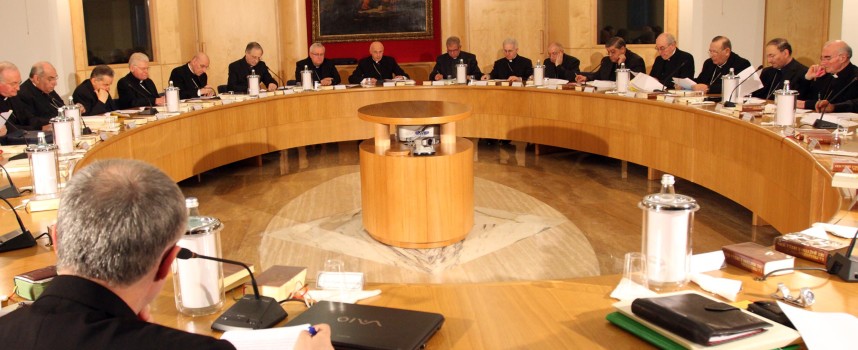The future of Europe
EN | IT – On 25th March the heads of state and government of all EU member states are meeting in Rome to commemorate the sixty years since the signing of the Treaties of Rome. The top leaders of the European institutions will be present as well. Men and women, representatives of European movements, youth and seniors will join them and march through the streets of Rome to push their representatives to be bolder in pursuing the path towards the political unity of Europe.
EN | IT | FR | DE – Ever since the result of the British referendum to leave the EU, increasingly urgent questions have been circulating on the future of European integration. Last September, the Heads of State and Government of the EU27 adopted the Bratislava Declaration. This was the first stage of a top-level process of reflection on the future of Europe that is expected to end with a summit meeting in Rome marking the Treaty of Rome’s 60th anniversary.
EN | IT | FR | DE – We will soon commemorate the 60th anniversary of the Rome Treaties and current EU leaders will praise those men who made it possible. Pressed by growing Euro-scepticism, they may be tempted to idealise the clear and precise political vision that brought lasting peace to Europe through the Economic Community and Euratom. The reality is, however, that those treaties were not the original plan, but only an attempt to bring some oxygen to a dying community. it
EN | IT – Come on, do not start laughing. No one seems to have noticed, but the euro zone is starting to go strong and, sooner or later, the positive effects of this growth will be felt on citizens. Maybe even those who today are angry and want to vote 5-Stars Movement, Marine Le Pen or the Alternative for Germany.
EN | IT | FR | DE – The social models in Europe are facing fundamental challenges. On the one hand, the effects of the economic and financial crisis on employment and social cohesion are making a strong impact. On the other hand, Europe is facing major challenges not only in the field of computerisation but also, in view of demographic change, with the integration of refugees and gender equality in the labour market.
EN | IT | FR | DE – Back in the days when the talk was all about the steps towards creating the European Union, a whole range of promises were made. Unification would safeguard peace, and the Union would expand. It would benefit disadvantaged areas through regional financial assistance. Borders could be made more open, to promote trade and make products more reasonably priced. Bureaucracy would be reduced, economic growth would be promoted and employment market conditions would be improved. People could travel freely throughout Europe, without obstacles at the borders or the expense of constantly changing currency. These were the promises. So what has happened?
EN | IT – “Europe is not a superstate nor a sophisticated technocracy, but a coexistence of diversities, able to make them work together and integrate them within the horizon of the meaning of a personalistic humanism”: it was reaffirmed by Cardinal Angelo Scola, Archbishop of Milan, on December 7th on the occasion of St Ambrogio’s celebrations. The words seem to echo Robert Schuman’s ones, who dedicated his life to the construction of Europe.
EN | IT | DE | FR – American presidential candidates are not the only people who boast how “clever” they are when facing accusations that, as multi-millionaires, they have not paid a single cent of income tax for many years. There are also thriving corporations based in Europe, such as Apple, McDonald’s and Starbucks, that rely upon the legality of their actions to justify the absurdly low level of taxation of their profits.
EN | IT – The entire story of the process of European integration has been characterized by a double, constant tension: the first one between an economic logic and a political one; the second one between a supranational and intergovernmental logic. Since Maastricht, this dual tension has created an institutional structure organized around two distinct regimes (the Eurozone countries and the opt-out countries) and then two different decision-making systems, the supranational one and the intergovernmental one.
EN | IT – In the light of recent events, we must reaffirm that today we need more from Europe. Is it possible to think that in the vortex of the globalized world, where many schemes and parameters have fallen through, it is possible to live distancing the one from the other? This has nothing to do with some form of internationalism that creates a confusion of peoples: being a people, in fact, means having a mission at a highest community, as each people has a wealth of history and culture to offer. (Card. Angelo Bagnasco)


